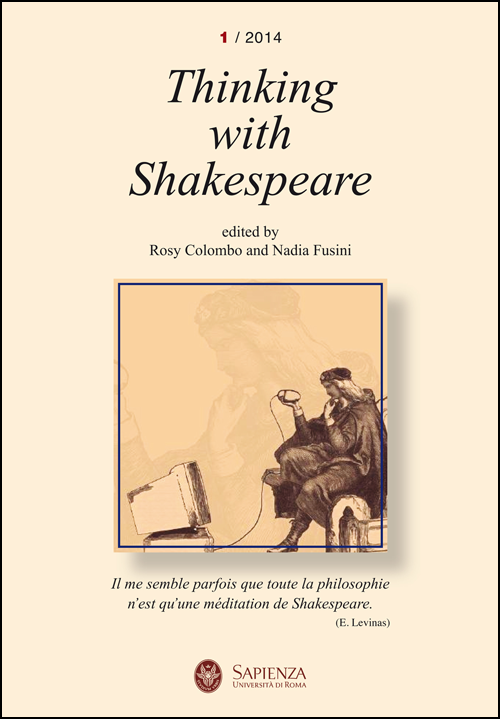Reading Shakespeare - Reading Modernity
Abstract
From the mid 1700s onwards, the German literati and theatre community were engaged in a heated and wide-ranging debate over William Shakespeare’s drama. At stake were not only questions about the theatrical implications and impact of Elizabethan drama, but also a more systematic inquiry into the nature of art. In this context, one voice stands out: that of Johann Gottfried Herder. Herder’s 1772 essay “Shakespear” (sic) sums up the contemporary discussion, but also brings it to a new philosophical level. For Herder, Shakespeare is the Bard of modernity. His theatre articulates patterns of diversity within and between cultures, thus also triggering a set of new hermeneutic problems and challenges. Through his work on Shakespeare, Herder brings forth a novel understanding of modernity – of art in modernity, of the conditions of self-understanding and understanding others – that differs from the way Hegel and his likes, a good thirty years later, would shape the discourse of hermeneutics as well as our understanding of the modern world and the role of art within it.
Keywords: Theatre, Modernity, Herder, Hegel, Shakespeare, Aesthetics


